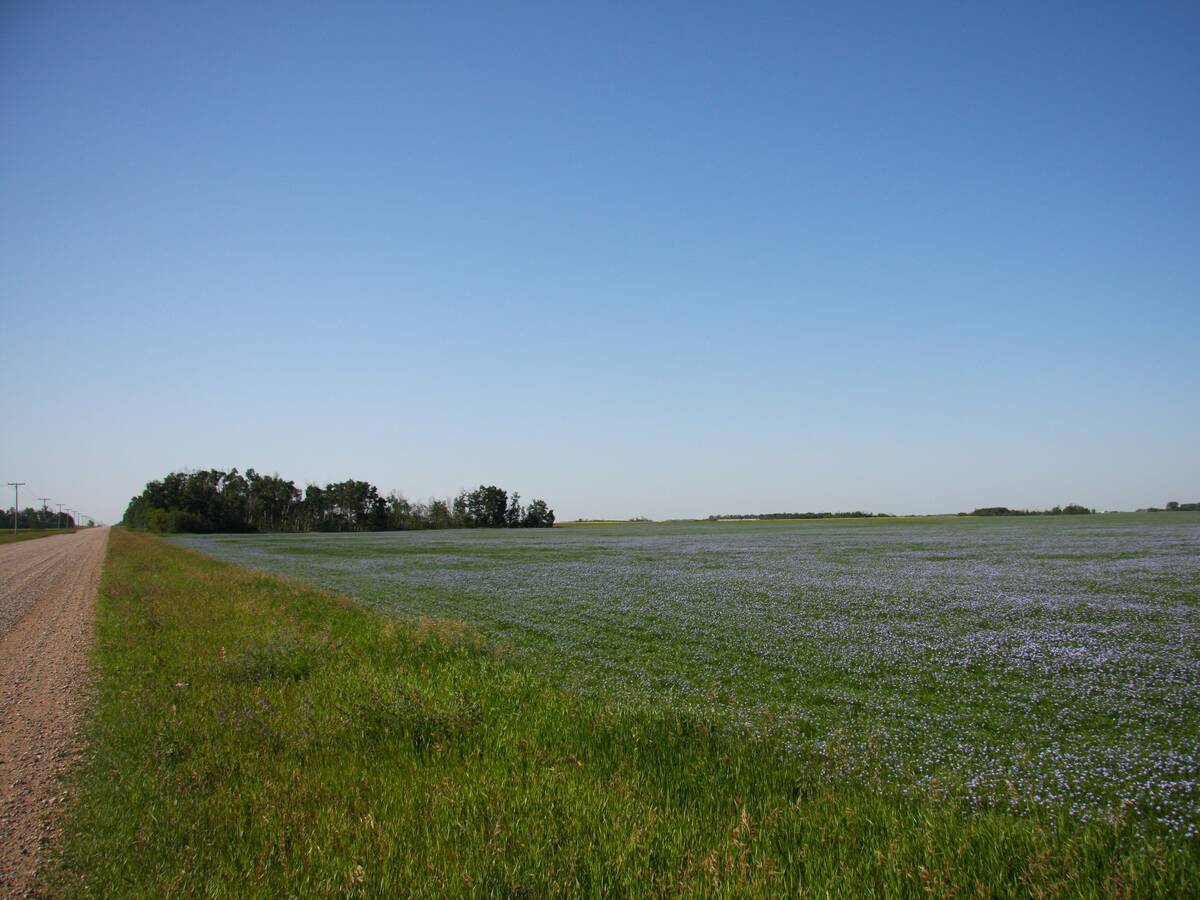Weldon Newton found some irony in the throne speech delivered by the
Manitoba government last week.
The speech by lt.-gov. Peter Liba noted that since 1999, the province
has spent $220 million on disaster assistance for Manitoba farmers to
offset the effects of unstable weather and U.S. farm subsidies.
What Newton, president of Keystone Agricultural Producers, found ironic
is that the Manitoba government was insisting earlier this year that
countering U.S. farm subsidies was a federal responsibility, not a
Read Also

Farmland advisory committee created in Saskatchewan
The Saskatchewan government has created the Farm Land Ownership Advisory Committee to address farmer concerns and gain feedback about the issues.
provincial one.
The province used that argument to explain why it wouldn’t commit to
sharing the cost of transition funding to farmers as part of the
agricultural policy package outlined by Ottawa in June.
“That’s an interesting twist that we’re going to follow up on,” said
Newton, a producer from Neepawa, Man.
The federal government committed $600 million in transition funding for
2002-03, and proposed that the provinces chip in an additional $400
million.
If Manitoba had agreed to that cost-sharing arrangement, the province’s
producers would be receiving $49 million in 2002-03, on top of the
transition funding being paid by Ottawa. Instead they are receiving
only the federal support from that package.
Last week’s throne speech offered an overview of the provincial
government’s ambitions for the future. It highlighted what the
government wanted to portray as a strong commitment to expanding the
farm economy.
Besides the $220 million in disaster assistance, Liba said the province
has implemented a rural diversification strategy that supports things
like ethanol expansion and the Simplot potato processing plant being
built at Portage la Prairie, Man.
The province also has committed itself to unprecedented investment in
research and product development, Liba said. Priorities include fibre
industries, functional foods and wind energy.
While those initiatives could have a benefit for producers, Newton said
much of the throne speech emphasized the province’s accomplishments.
There was only brief mention of two issues KAP is deeply concerned
about, namely manure management regulations and education levies.
The NDP government has been making changes to manure management rules
in recent years, but Newton said there are still questions about some
of the proposed changes and how well they will work for producers and
rural municipalities.
KAP has lobbied for years to have the special education levy removed
from farmland, suggesting the province should instead be committing
more funding to education from its general revenues.
During the throne speech, Liba said the government will follow its
five-year plan to phase out the education support levy on property.
That’s a different levy than the one KAP wants removed from farmland.














